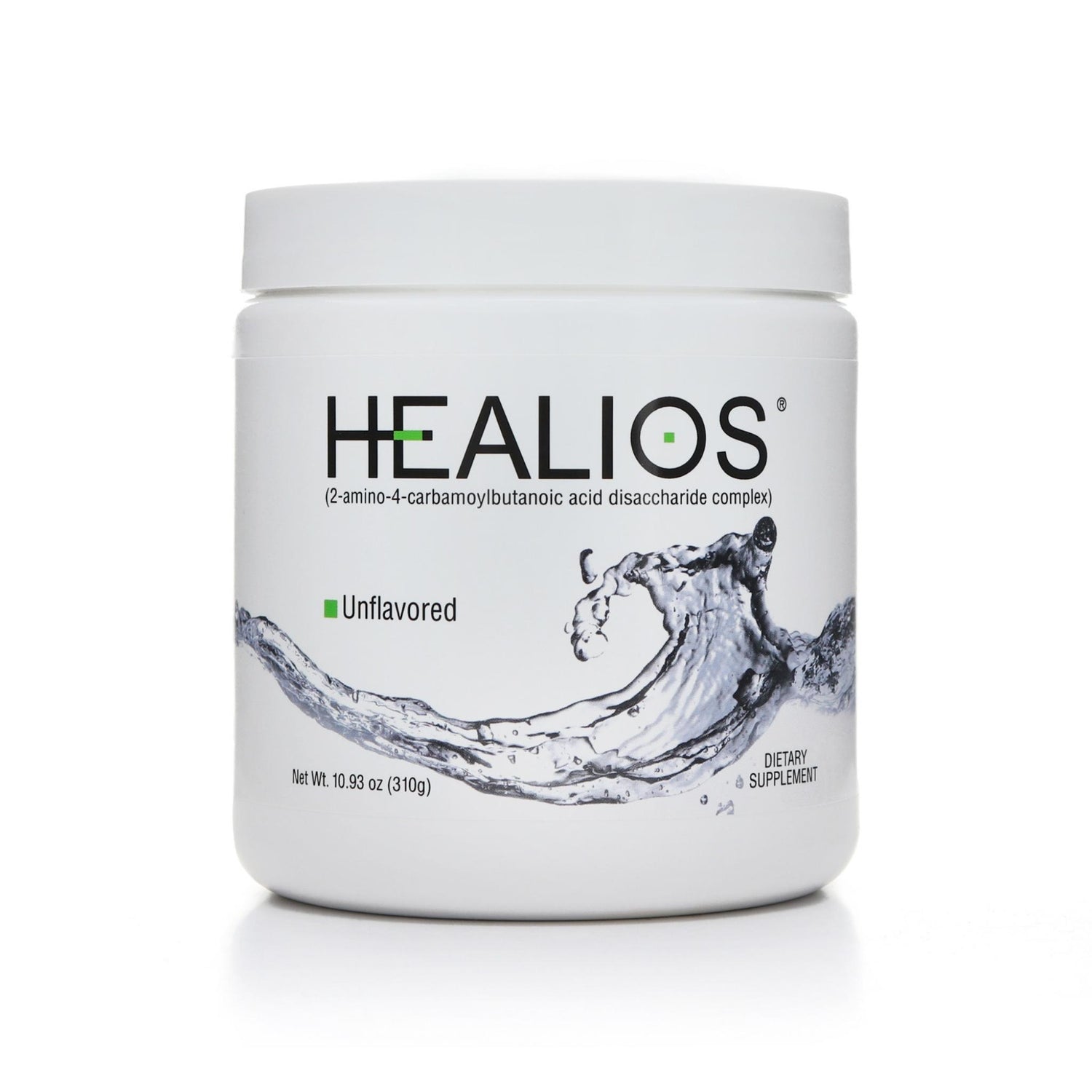Understanding Cancer Mouth Sores
Mouth soreness (also called stomatitis and mucositis) occurs when the tissues lining the mouth or throat get thin due to treatment-related damage. Cancer mouth sores happen because treatments such as radiation and chemotherapy act to damage rapidly dividing cells and can’t distinguish between cancerous cells and other rapidly growing cells such as those lining your mouth and GI tract.
The importance of managing mouth sores
The mouth sores and ulcers of oral mucositis are reported as the single most painful and debilitating side effect of cancer treatment. Ulcerations can appear along the digestive tract including the lips, cheeks, throat, gums, and tongue, as well as the floor and roof of the mouth. Depending on their severity, mouth sores can result in added costs and unplanned hospitalizations.
Cancer mouth sores can lead to:
• Inability to eat, drink, swallow and speak
• Malnutrition and dehydration
• Weight loss
• Cancer treatment interruptions
• Emergency hospitalizations
• Tube feedings
• Use of opioid analgesics
• Reduced quality of life

More Than Just a Sore
For many patients, cancer mouth sores mean less time with family, loss of sleep due to pain, and overall reduced quality of life.
If you are currently experiencing mouth sores, you are not alone. Share your story with us and help bring awareness to this painful side effect. #MoreThanASore

Healios can help!
Healios addresses the damage in your mouth instead of just the symptoms.
If you are experiencing painful mouth sores or difficulty swallowing, talk to your doctor about incorporating Healios into your supportive care plan.


